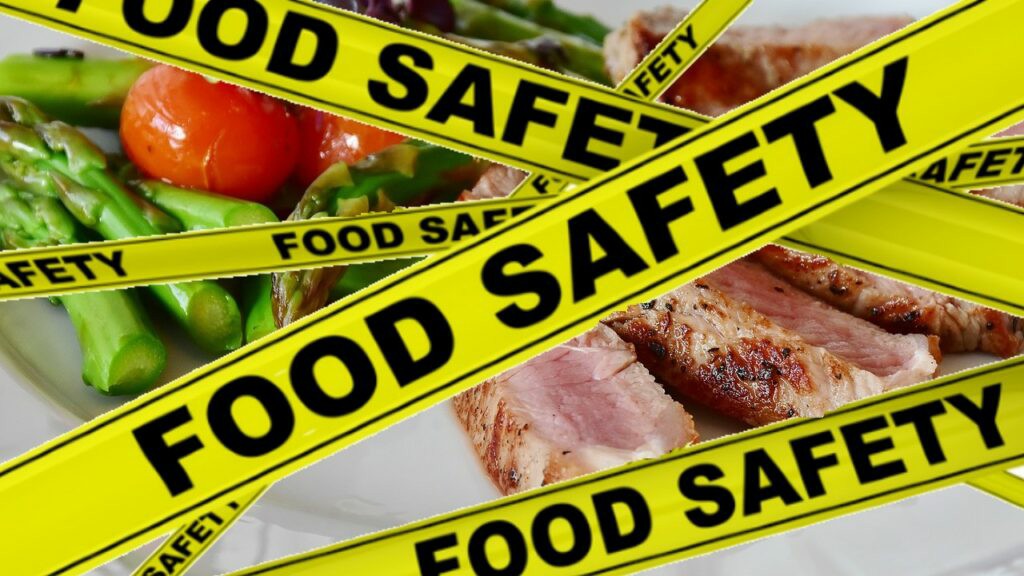


 349,500 Offered Certificates
349,500 Offered Certificates
 24/7 Online Training
24/7 Online Training
 Money Back Guarantee
Money Back Guarantee
 Fully Accredited Courses
Fully Accredited Courses

Created at: 26-02-2025 10:21
In today’s culinary landscape, food safety isn’t just a priority; it’s a legal requirement. For businesses operating in Dublin, Cork, Galway, Limerick, Waterford, and Belfast, HACCP (Hazard Analysis and Critical Control Points) training is a vital step toward ensuring compliance with food safety regulations. This blog post navigates the integral role of HACCP training and certification for restaurants, food manufacturers, and catering services, shedding light on legal obligations, public health protection, and effective risk management strategies.
The HACCP system is a preventive approach to food safety that focuses on identifying and controlling hazards throughout the food production process. The main principles include:
In Ireland, food safety laws mandate that food businesses implement effective safety management systems, including HACCP. The Food Safety Authority of Ireland (FSAI) enforces these regulations, requiring all food business operators to comply with food hygiene laws. With the increasing volume of food consumption and the awareness of foodborne illnesses, HACCP has become the benchmark for food safety compliance. Restaurants, caterers, and manufacturers are mandated to:
Investing in HACCP training provides numerous advantages beyond compliance:
Obtaining HACCP certification involves several key steps:
With the advent of technology, both online HACCP training and in-person courses provide flexible options. Consider the following:
Evaluate your business’s needs to choose the appropriate training style. For those in Dublin, Cork, Galway, Limerick, Waterford, and Belfast, comprehensive courses are available to help you transition to compliance smoothly.
Despite the clarity of HACCP guidelines, many businesses still make common mistakes:
A proactive approach ensures your business avoids these pitfalls by integrating HACCP best practices in daily operations.
In an age where consumers are increasingly health-conscious, showcasing your HACCP certification not only meets legal requirements but builds trust among your clientele. Public perception plays a crucial role in the success of food businesses. A commitment to safety reassures customers, resulting in increased loyalty and repeated visits.
By investing in HACCP training and achieving certification, your establishment can demonstrate a commitment to excellence in food safety. Don’t wait for compliance issues to arise—take action now to safeguard your business and your customers.
Ready to elevate your food safety standards? Contact us today at [email protected] to enroll in our HACCP training courses and unlock your path to certification.